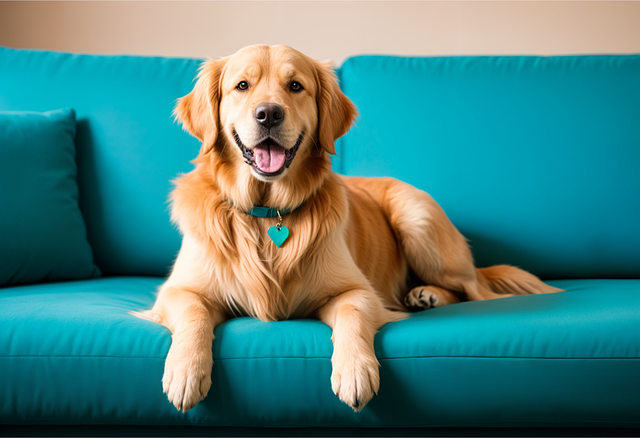
How do i train my dog to be obedient?
Watching your dog dart across the park ignoring your calls isn’t just frustrating—it can put them at risk near busy streets or public spaces.
That's the question so many owners of adopted adult dogs find themselves asking as they watch their new companion hide from guests or bark nervously on walks. You might worry you missed that critical early window, but the encouraging answer from behaviorists is that it is almost never too late to socialize a dog. While the prime socialization period for puppies is up to about 16 weeks, adult dogs retain a remarkable capacity for learning and adapting. The process is different—it’s less about introducing them to everything new and more about carefully rebuilding their confidence and changing their emotional response to things they find scary. Think of it not as socialization, but as "re-socialization" or confidence-building, which relies on patience, positive associations, and managing their environment to set them up for success.
The scientific principle at work is called neuroplasticity—the brain's ability to form new neural connections throughout life. You're not erasing their past experiences, but you are building new, positive ones on top of them. The "how-to" is a lesson in patience. Start at home, where your dog feels safest. If they are fearful of people, have a calm friend sit at a far distance in your living room, completely ignoring your dog while you feed them tiny, high-value treats like bits of chicken. The appearance of the "scary thing" predicts amazing food, building a positive association. This method, called counter-conditioning, is the cornerstone of modern, force-free training. It aligns perfectly with animal welfare standards in the U.S. and Europe that prohibit punitive measures, which would only deepen a fearful dog's anxiety and could even be considered neglect under some local ordinances.

This mindful approach is woven into the fabric of responsible ownership. Before you begin any socialization plan, a veterinary check is essential. This ensures there's no underlying medical issue causing the fear and confirms your dog’s vaccinations, like the legally required rabies shot, are current. This isn't just for their health; it’s the law. When you venture out, your dog must be securely leashed, and you must always be armed with poop bags. Cleaning up immediately isn’t just neighborly; it’s a municipal code in places from Seattle to Miami and a fundamental sign of respect for your community. For those in apartments, this is doubly important. A fearful dog may have accidents or vocalize in shared hallways; managing this through training and immediate cleanup is key to being a considerate neighbor.
So, is it too late? Hardly. It may take more time and patience with an adult dog, but the outcome—a more confident, comfortable companion—is absolutely achievable. By committing to a positive, legal, and community-conscious approach, you’re doing more than just socializing your dog; you’re giving them a second chance at a happy and secure life.

Watching your dog dart across the park ignoring your calls isn’t just frustrating—it can put them at risk near busy streets or public spaces.

New puppy owners often find themselves rushing to clean up accidents before they set in, and that’s where puppy pad training becomes a game-changer.

If you've noticed your dog's waistline disappearing and your veterinarian has mentioned those few extra pounds, your first instinct might be to simply reduce the amount of food in their bowl.

Training a dog to use a designated spot indoors isn’t as daunting as many new owners fear, but it does take consistency and an understanding of your pet’s needs.

That moment of dread on a walk is all too familiar for many new dog owners. You see another dog approaching down the sidewalk of your neighborhood

If the sight of another dog on your neighborhood walk makes your heart sink as your own dog erupts into a frenzy of barking and lunging, you're not alone.